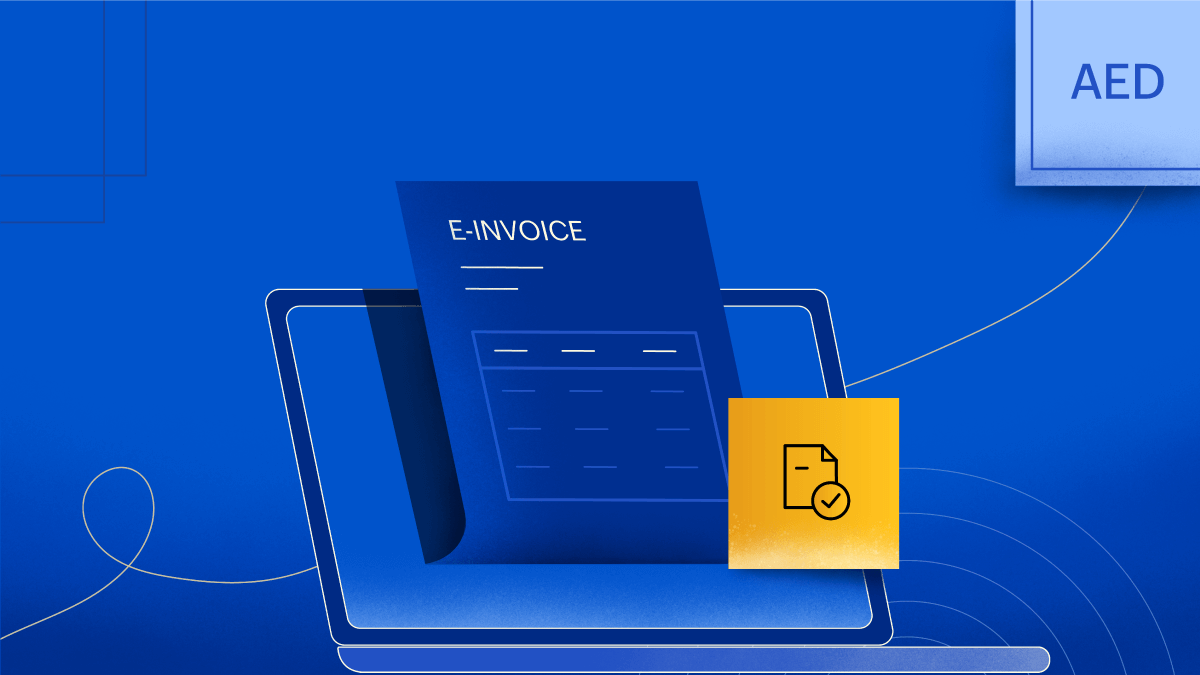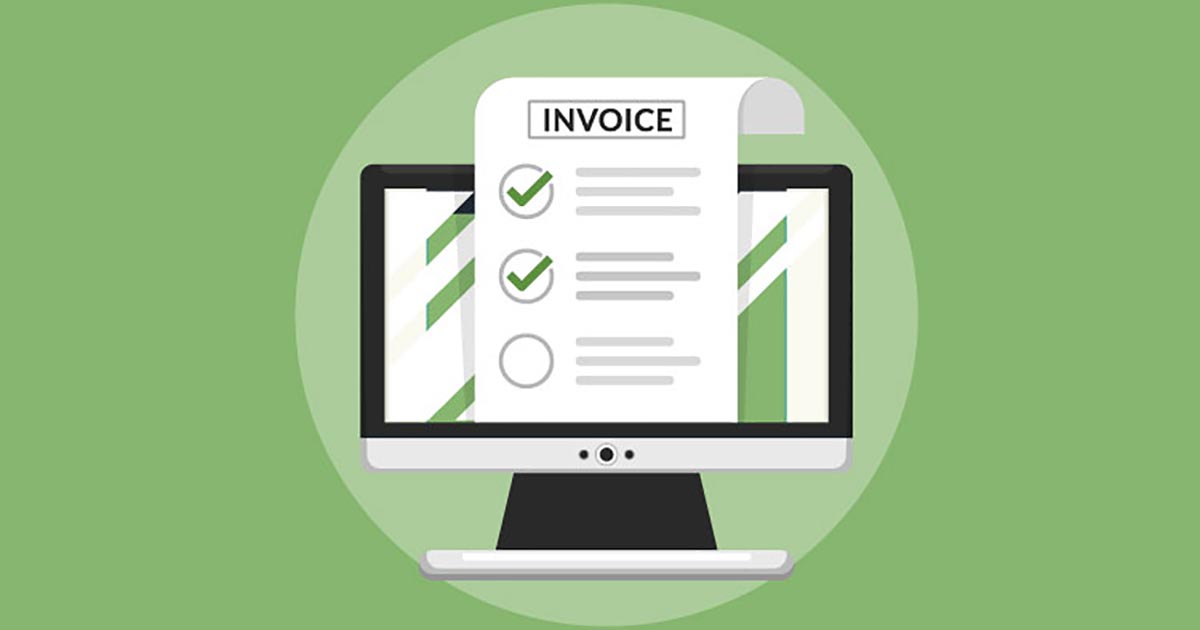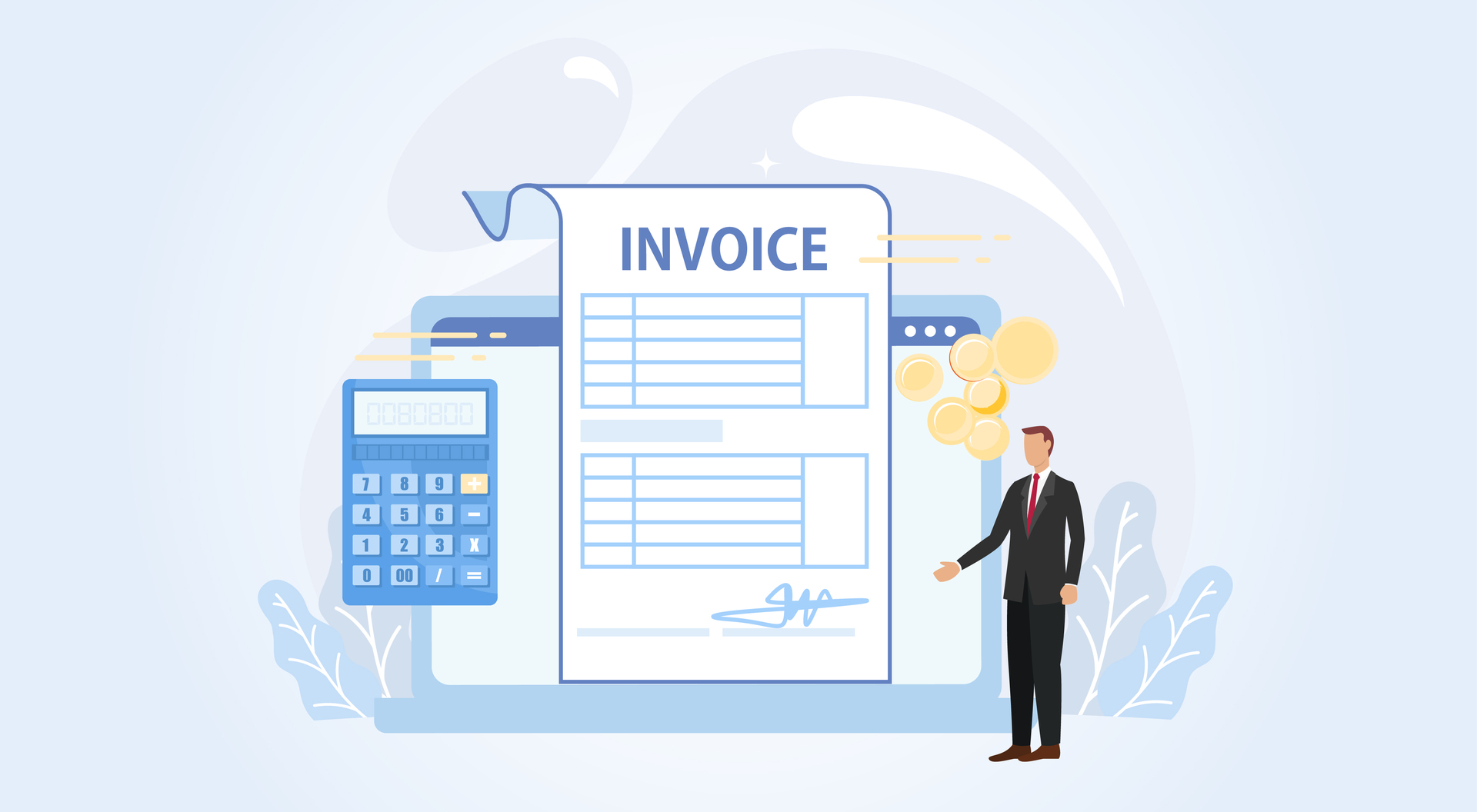
When you ask a business owner about their company’s worth, you might get a number based on recent profits or annual revenue. Many entrepreneurs view a business valuation as a one-time event, something to be done only when they are ready to sell their company. This is one of the major misconceptions in the business world. A professional business valuation consulting service is a comprehensive health check that provides a deep understanding of your company’s financial health, hidden potential, and competitive position.
In the dynamic business market, understanding your company’s value is crucial for making informed decisions, mitigating risks, and seizing growth opportunities. From planning for the future and seeking investment to navigating a partnership and building a more resilient company, it provides the critical guidance you need. This blog will help you know why it is important to have a business valuation consultancy and the different methods of valuation that business valuation services provide.
What is Business Valuation?
A business valuation is the process of determining the economic value of a business. It determines the worth and the value of business departments by analyzing all the business areas. Business valuation is often done during the process of negotiating the merger or acquisition of one company by another. Also, it might be used in other situations, like equity financing, sale of a business, financial reporting, or others.
Why do Businesses Need Business Valuation Consulting?
1. Strategic Planning and Performance Improvement
The process of valuation forces you to look beyond the daily operations and analyze the key drivers of your company’s worth. These drivers often include customer concentration risk, operational efficiency, strength of management, and recurring revenue streams. It understands these components and develops a strategic plan that focuses on enhancing them, ultimately leading to a significant increase in your company’s value over time.
2. Securing Investment and Financing
If you plan to raise capital from investors or venture capitalists, or even secure a significant bank loan, a professional business valuation is a necessity. Investors need to know the business’s worth to determine the equity stake they will receive for their investment. Banks will use it to determine a company’s assets and overall financial health. Reliable business valuation services demonstrate professionalism and give potential investors the confidence to invest in your vision.
3. Shareholder and Partnership Agreements
For any business with multiple owners, a valuation is essential for maintaining fairness and avoiding disputes. It establishes a buy-sell agreement in which it is stipulated what happens if a partner wants to leave, passes away, or becomes disabled. It helps you create a clear, predetermined mechanism for pricing shares, avoiding risky and costly negotiations down the line.
4. Succession and Exit Planning
Every business owner will eventually exit their business. It can help you in your succession planning, whether you want to pass your business to family members, sell to a third party, or to employees. Valuation services help you establish a baseline value, allowing you to track progress towards your financial exit goals and help in structuring a fair transition plan for all parties.
5. Tax Compliance and Financial Reporting
Valuation is required for various tax-related purposes, such as during corporate restructuring or justifying transactions between related parties. For financial reporting under International Financial Reporting Standards (IFRS), business valuation services are necessary for impairment testing of goodwill and other intangible assets.
Understanding Valuation Methods
● Discounted Cash Flow (DCF) Method
Discounted cash flow is a valuation method that estimates the value of an investment using its expected future cash flows. Business valuation services help in determining the value of an investment today, based on a projection of how much money that investment will generate in the future. Moreover, business valuation consulting can assist business owners and managers in making capital budgeting and operating expenditure decisions.
● Market Approach
The market approach is a method of determining the value of an asset based on the selling price of similar assets. This method involves studying recent sales of similar assets and making adjustments for the differences between them. Overall, it relies on finding comparable transactions to derive a valuation multiple.
● Asset-Based Approach
An asset-based approach focuses on a company’s net asset value. The net asset value is calculated by subtracting its total liabilities from the fair market value of its total assets. The asset-based value can be required for valuation comparisons, private companies for certain types of analysis, as additional due diligence, and companies that are planning a sale or liquidation.
The Bottom Line
In the fast-paced economy of the UAE, you need to operate with a clear understanding of your company’s worth to build a truly valuable enterprise. And this can be done with the help of professional business valuation consulting. It helps you transform your perspective from simply running a business to strategically building a valuable asset. Overall, it empowers you to make informed decisions for your business and steer your company towards a more successful business.
Frequently Asked Questions
1. How long does the valuation process take?
The valuation process can take anywhere from two to six weeks from the initial engagement to the delivery of the final report. The timeline also depends on how quickly you can provide the necessary financial documents and the responsiveness of your management team to questions from the evaluator.
2. How often should I get my business valued?
Getting your business valued is a good practice that should be done regularly, every one or two years. Business valuation consulting helps you track your business progress and make adjustments to your strategy. Business valuation is also beneficial when a major event occurs, such as a new competitive threat or a significant change in the market.
3. Why pay for a business valuation?
While there are free online tools and broker assessments that can provide rough estimates, professional business valuation services are more accurate and reliable. Paid valuation involves a detailed analysis by experts, as they consider various factors, such as market conditions, industry trends, and financial performance. Such a comprehensive approach becomes essential to ensure the valuation is defensible, especially in situations like mergers, acquisitions, and attracting investors.

Monish Mohan is a versatile and accomplished Auditor, VAT Consultant, Finance and Accounts Professional offering over 18 years of experience in UAE VAT, Audit & Assurance, Finance management Advisory & Accounting & bookkeeping.







